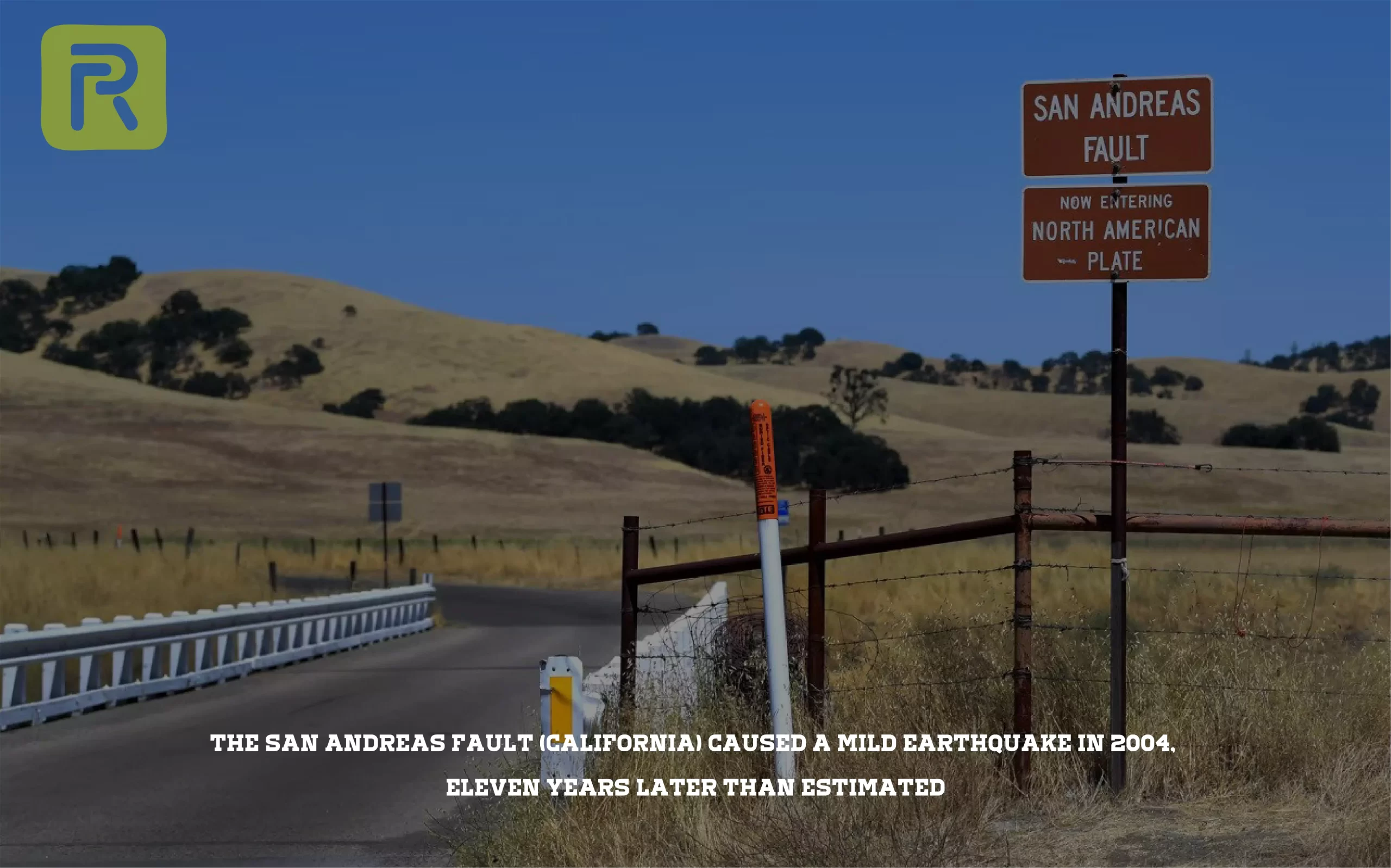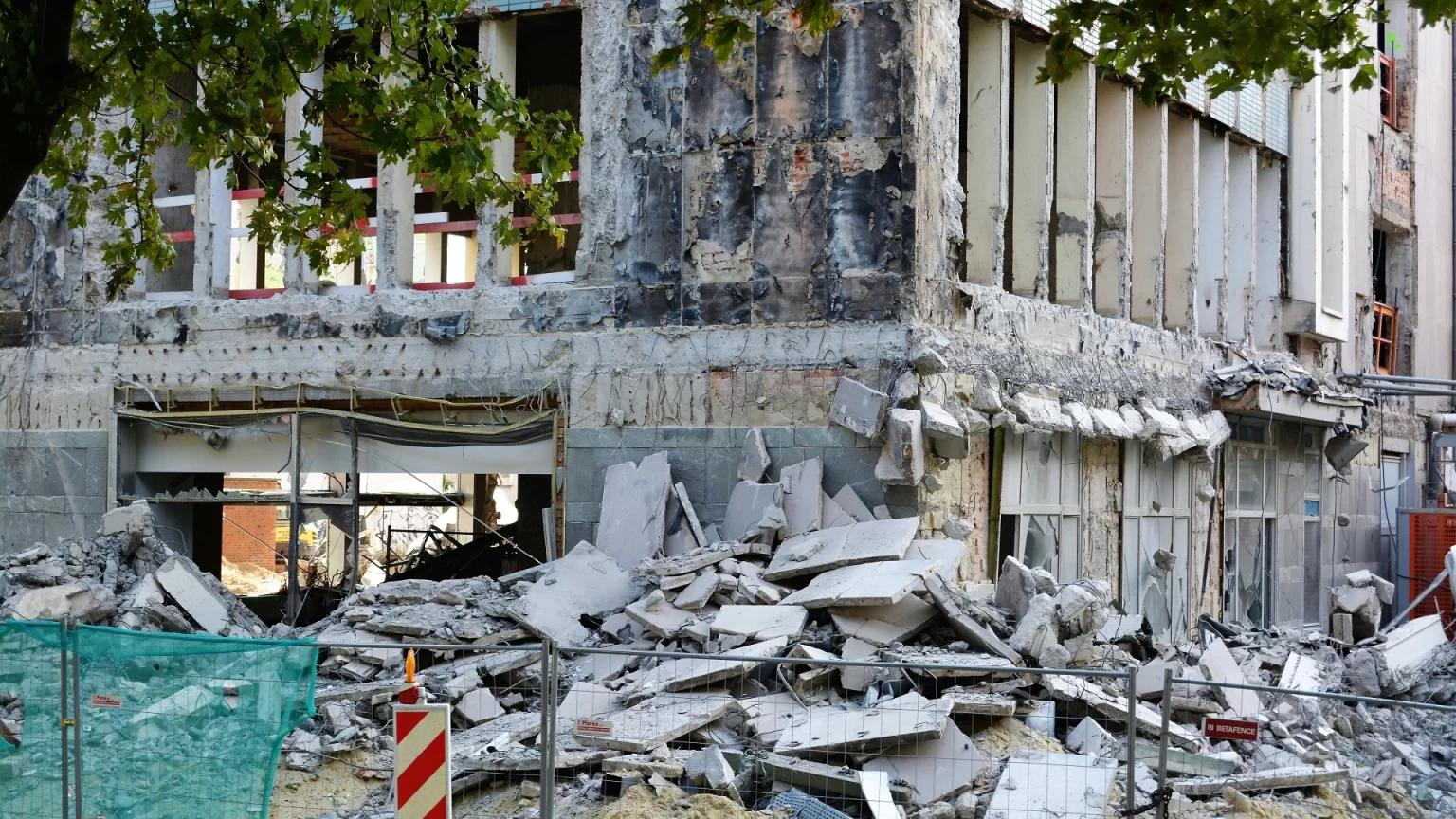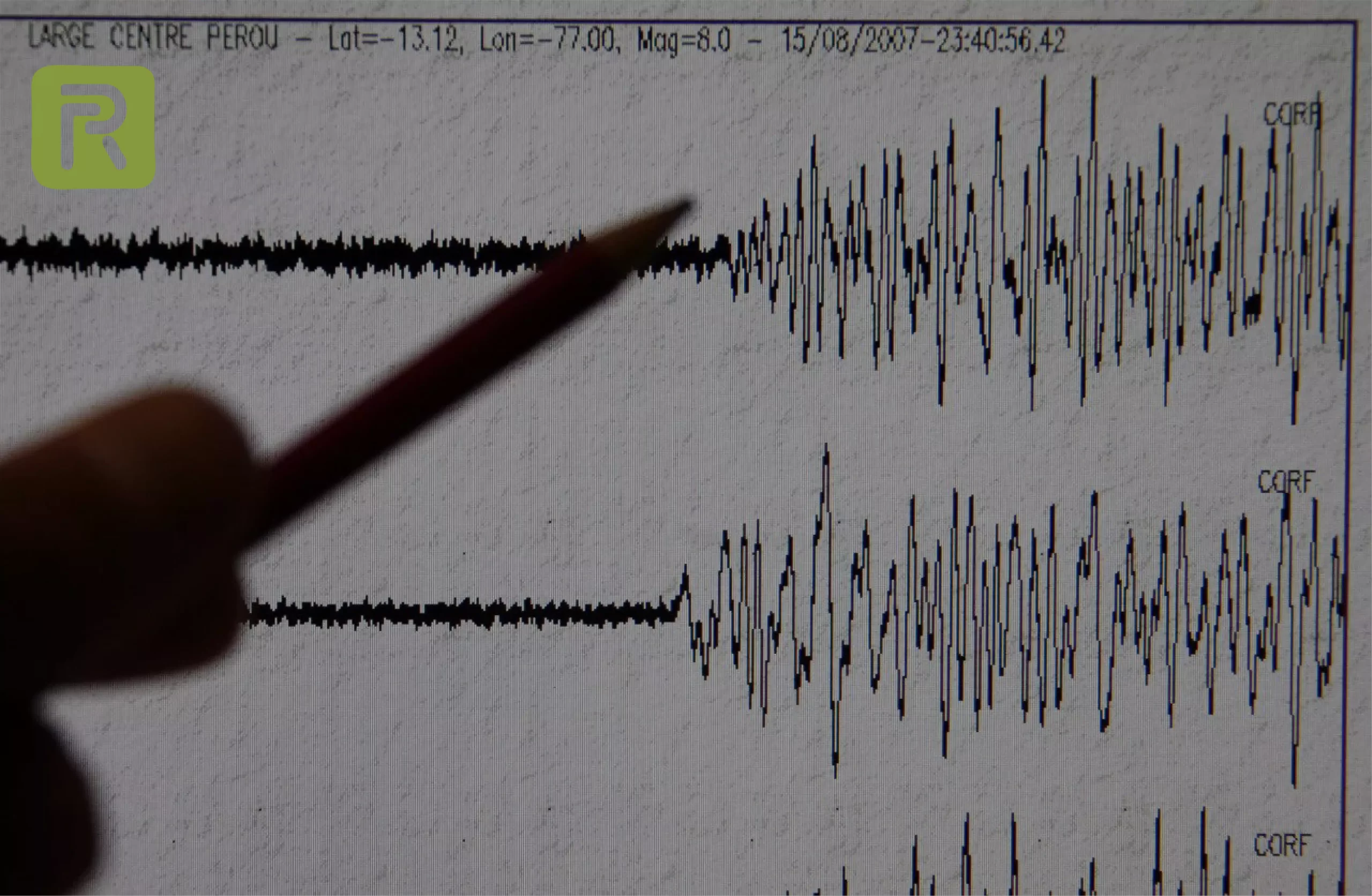Dutch geologists “predicted” major earthquakes a few days in advance, but is that possible? “Nothing more than a nasty coincidence”
Dutch geologist Frank Hoogerbeets’s Earthquake Prediction Breakthrough stunned the internet when he sent out a viral tweet last week in which he worried about a major earthquake that would hit southern Turkey and Syria. “Bad coincidence,” say seismologists. Unfortunately, science is powerless against the surprise of sudden earthquakes.
Sooner or later there will be an earthquake with a magnitude of about 7.5 in this area (South-Central Turkey, Jordan, Syria, Lebanon),” Dutch geologist Frank Hoogerbeets tweeted last Friday, February 3. That same weekend, his “prediction” came true when a massive earthquake struck the region around Gaziantep and northern Syria.
It is therefore not surprising that Hoogerbeets’ message, which had not received too much attention until then, suddenly went viral. “If only we had listened,” says many comments under the tweet. Hoogerbeets is in many cases depicted as a modern prophet, a soothsayer who tried to warn the population of impending disaster but was not listened to.
Too complex
How did Hoogerbeets achieve this and is he really a prophetic geologist? Seismologist Koen Van Noten, a researcher at the Royal Observatory of Belgium, has his own opinion. He speaks of an “unfortunate coincidence“.
“The earth is incredibly complex. Even with an earth full of seismometers, it is still difficult to measure the earthquake prediction itself, let alone predict it. The only thing we can do is assess the risk,” says Van Noten, who fears that his colleague’s “prediction” creates unrealistic expectations regarding science.
You can say that the tension will one day become so great that it will lead to an earthquake, but not when exactly that will be
Koen Van Noten, seismologist, Royal Observatory of Belgium
The science is also fairly clear: earthquakes cannot be announced in advance. “To be honest, we cannot predict any earthquake at this point”. Christine Goulet, director of the US Earthquake Science Center, told The Washington Post earlier this week.
Even with the most modern technology, a major earthquake warning can only be issued twenty seconds to a minute in advance. Maybe just enough to quickly walk out of a building. But never enough to evacuate entire areas and get everyone to safety.
Known fault zone
According to Van Noten, the fact that Hoogerbeets spoke fairly accurately about southern Turkey has to do with an assessment of risk areas. “We learn from history that several earthquakes have already occurred around the East Anatolian fault line that runs through the affected area. There you have a large fault zone that continuously builds up tension due to plate tectonics (movement of different earth plates, ed.).”
“You can say that the tension will one day become so great that it will lead to an earthquake, but not when exactly that will be. That’s what my colleague also says: sooner or later. We can’t know.”
A good illustration of this scientific impotence is an earthquake that (un) unexpectedly struck the American state of California almost twenty years ago. As early as the 1980s, scientists studied the tension building up in the San Andreas fault. The team therefore decided to put a date on it: an earthquake would occur in 1993. Ultimately, it took until 2004 before a mild earthquake shook the state slightly, causing mainly crockery and glass to break.

In recent decades, it has pushed science to approach seismology less like weather forecasts and to estimate risks based on statistical models rather than calculate concrete dates for disasters. That is more or less the message of the Solar System Geometry Survey (SSGEOS). The research center for which Hoogerbeets works was sent to the world on Thursday. According to the SSGEOS, it is not realistic to be able to predict location, date, and magnitude.
Aftershocks
What is certain are the aftershocks. “These are not earthquake predictions, but laws,” says Van Noten. “As time goes on, the aftershocks will become less and less intense. But they will come.”
There are also aftershocks for Hoogerbeets. Who is accused by several internet users of making daily predictions until one comes true? He himself denies that. Van Noten primarily hopes that the media storm surrounding his colleague will subside and attention will be paid to what he calls the real problem. “Thousands of people are homeless. They need help now.”





